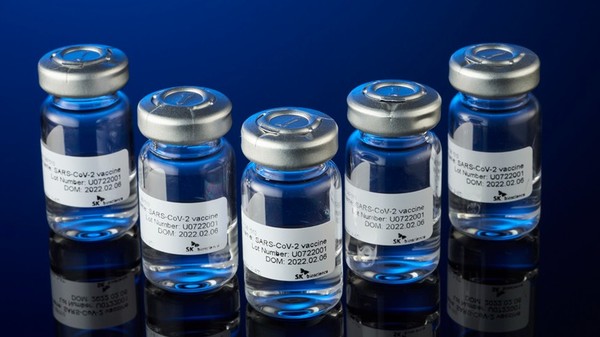The Korea Biotechnology Industry Organization (KoreaBIO) said on Monday that the nation’s human vaccine trade balance recorded a deficit of $800 million (991 billion won) last year.

As of 2022, the nation’s human vaccine exports stood at $941 million and imports were $1.74 billion.
Australia was the largest importer of Korean vaccines, followed by Taiwan, Singapore, Mexico, and Peru.
Korea imported vaccines the most from Belgium, followed by the U.S., Germany, Switzerland, and France.
Until 2020, the U.S. was the largest exporter of vaccines to Korea, but since 2021, Belgium has been the number one exporter.
The report showed that Korea logged a trade deficit in human vaccines until 2021, but recorded a cumulative surplus in the first half of 2022 thanks to the consignment production of Covid-19 vaccines exported from the end of 2021. However, since the second quarter of 2022, imports have increased rather than exports, and the quarterly trade deficit has widened, resulting in a trade deficit of $800 million in 2022 alone.
While developed countries are developing innovative vaccines such as cancer vaccines and respiratory syncytial virus (RSV) vaccines expected to be approved for the first time this year, Korea has not achieved the development of high-value-added vaccines such as pneumococcal vaccines and cervical cancer vaccines, which have formed the largest market.
Although SK Bioscience won approval for the country's first Covid-19 vaccine in June 2022, Korea lost vaccine development momentum due to the lack of economic feasibility and development and licensing experience, KoreaBIO said.
Additionally, in May 2022, SK Bioscience and IVI’s typhoid conjugate vaccine, SKYTyphoid, was approved for export. Notably, both are under review for WHO prequalification and could affect Korea’s 2023 exports if the certification is achieved.
As a country trying to obtain “vaccine sovereignty,” the government has designated vaccines as a national strategic priority supporting R&D projects like the Covid-19 mRNA vaccine development alongside tax reductions to promote vaccine facility expansion. However, the association pointed out that more innovative incentives are still needed to incentivize local vaccine developers to actively acquire overseas companies and technologies.

